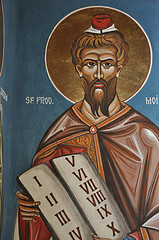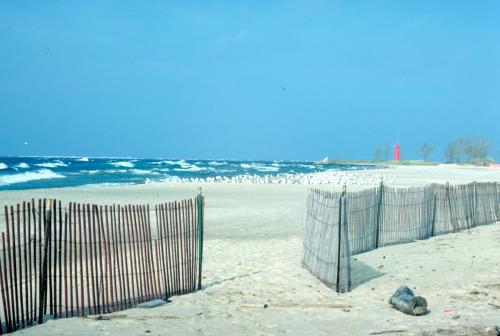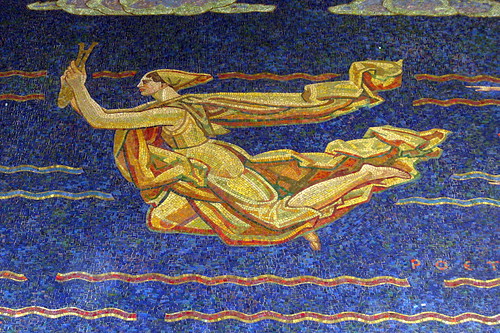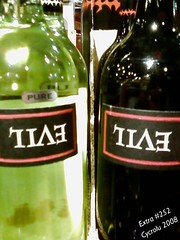
Successful land speculation is really a matter of capturing for yourself the gains that belong to the community. George Menninger is one of many who have done it. Far beyond any need to earn a living, George now spends some of his time explaining how the bad public policy he exploited not only made him rich, but led to continued poverty, unemployment, and even the current economic meltdown. Come to ask him why he does this and whether he is a traitor to the 1%.
George’s talk, on Wednesday January 18 at 6 PM, is also the first session of our Progress & Poverty course (modern version), which will continue on Wednesdays thru February 15. As with all our courses, the $25 registration fee need not be paid until the end of the first session, and George Menninger will provide a personal and accessible explanation of Henry George’s ideas. You can pre-register here, or just show up. You are also welcome to attend just this session; there is no obligation or expectation that everyone attending will enroll.







